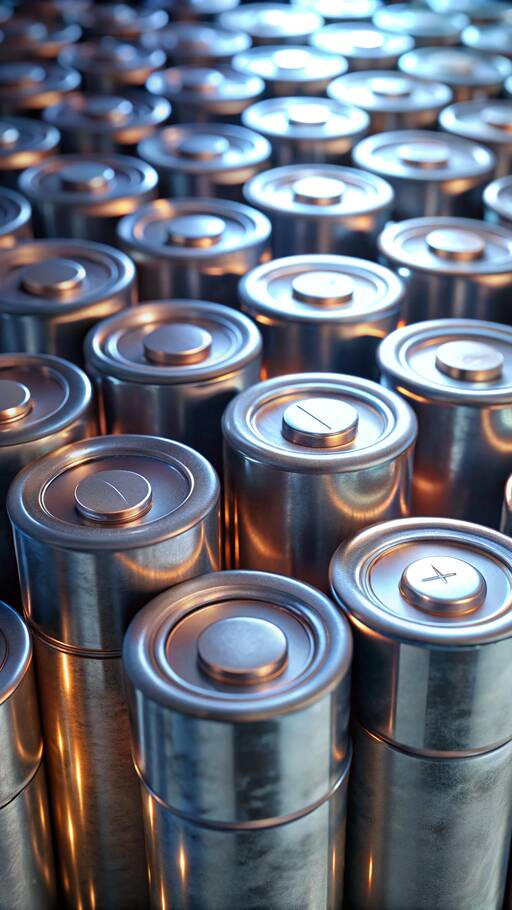
- Higher Range: It is anticipated to deliver at least 25% more range compared to conventional lithium-ion batteries.
- Lightweight Design: The use of solid electrolytes results in reduced weight and increased energy density.
- Faster Charging: This battery can charge more quickly and offers enhanced safety by minimizing flammability risks.
- Lithium Requirement: The new technology demands more lithium than traditional battery packs.
- Dendrite Formation: There is a tendency for lithium dendrites to form, which can eventually lead to short-circuits.
- Conductivity Issues: Optimal conductivity may not be achievable at room temperature.
The EQS prototype's battery utilizes Factorial Energy's FEST cells, featuring a quasi-solid electrolyte that blends the safety of solid-state technology with the performance characteristics of liquid electrolytes. Notably:
- Lithium Metal Anodes: These are crucial for achieving higher energy densities.
- Dynamic Cell Structure: The design includes pneumatic actuators that maintain consistent pressure during both charging and discharging, thereby reducing the risk of dendrite formation.
Mercedes-Benz has been working with Factorial Energy since 2021, with the goal of incorporating this cutting-edge battery technology into future production vehicles. Significant advancements are anticipated, including the new Solstice cell, which is expected to utilize a sulfide-based electrolyte. This innovation could lead to an 80% increase in range while also decreasing battery weight and improving manufacturing efficiency.
While other manufacturers, including Toyota, are exploring solid-state technology, Mercedes-Benz and Factorial Energy are on the verge of bringing these exciting innovations to market. This partnership represents a critical juncture in electric mobility, indicating a shift from laboratory concepts to real-world applications of solid-state technology.
The EQS prototype from Mercedes-Benz takes advantage of a groundbreaking semi-solid-state battery, promising substantial enhancements in electric vehicle range and performance. As testing continues, this initiative may set new benchmarks in EV technology, marking a significant leap forward in the automotive industry.